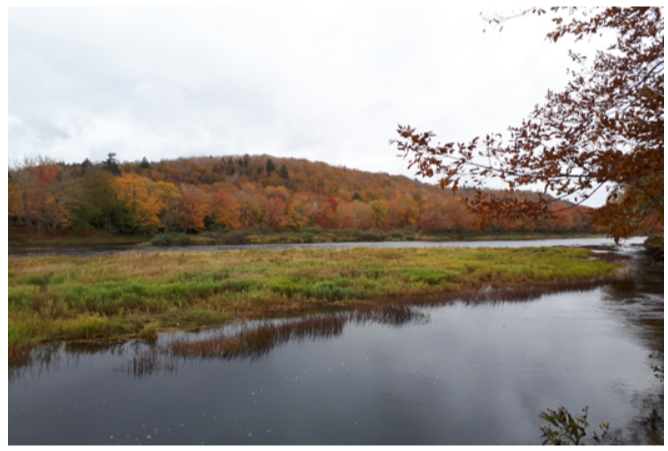
As summer edges near, warm days pull our minds and hearts outdoors – reminding us of the natural areas that make Nova Scotia a beautiful place to live. From the maple-dappled shores of the St. Marys River to the sweeping rocky coastlines of Yarmouth’s Tusket Islands Nova Scotia has an abundance of natural beauty spanning countless ecosystems. These natural spaces from a web of protected and semi-protected landscapes across the province ranging from provincial nature reserves to prime agricultural lands protected in perpetuity from development beyond a plough’s furrow.
Canada’s legal concept of ‘owning’ land, though heavily based in a euro-centric view culturally, does provide tools to assist in the protection of our natural environment. Most of the time when someone purchases a property what they are actually paying for is a registered legal interest in the property which allows them to use it unencumbered by others (the “Fee Simple” Interest). However, there are many ways to split up this interest and each comes with a value reflecting what the interest holder can and cannot do on the property. For example, by placing a restrictive covenant on lands, or placing ownership with a land trust, it is possible to prevent the spoilage of natural places.
Valuing a partial interest in land is a critical step in protecting wild areas through the use of Land Trusts, which are not-for-profit organisations dedicated to the protection and stewardship of special places including rare species habitat, areas of historic cultural significance, and precious agricultural land. Sometimes these Land Trusts acquire property outright through donation or purchase, and other times an interest is granted to the Land Trust as a Conservation Easement which details what is – and is not – permissible activity on the land. In this way, these Land Trusts have steadily grown a network of protected places over the course of many decades.
For many landowners, the decision to donate land is driven by a love of nature or a desire for a lasting legacy. As an added incentive there can be tax breaks associated with these ecological gifts – the value of which must be determined by a professional appraiser. In this way Turner Drake has played a quiet (but important) role in the protection of an abundance of properties which ultimately contribute to Nova Scotia’s roster of important wild places. We are fortunate that through this process, we have walked across places few Nova Scotians have seen or heard of, but which nonetheless provide safe haven for many plants and animals.
The season for outdoor exploration is here and given current restrictions in urban-based gatherings Nova Scotians have a unique opportunity to explore their surroundings and connect with their natural environment in a meaningful way.

James Stephens is a consultant in our Valuation Division and is heavily involved in the valuation of lands for the provincial governments, private land owners, and land trusts including the Nova Scotia Nature Trust, Nature Conservancy of Canada, Annapolis Valley Farmland Trust, and the Island Nature Trust. For more information about our range of Valuation® services, valuations for land donations, feel free to contact James at (902) 429-1811 or
